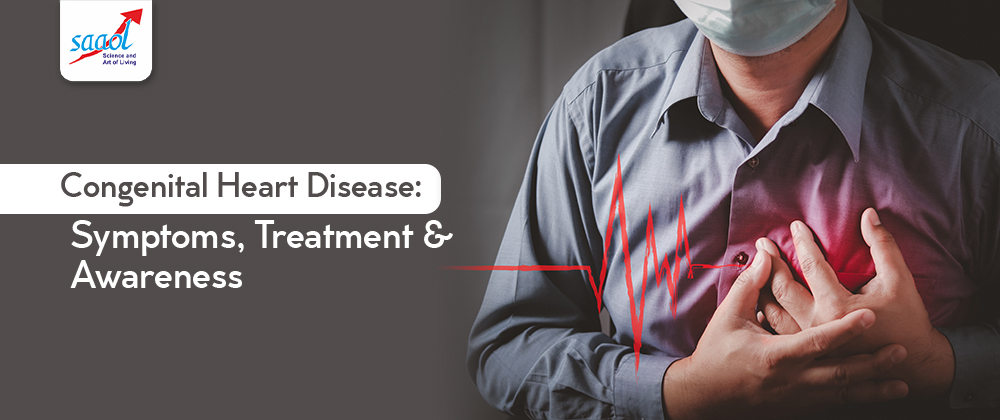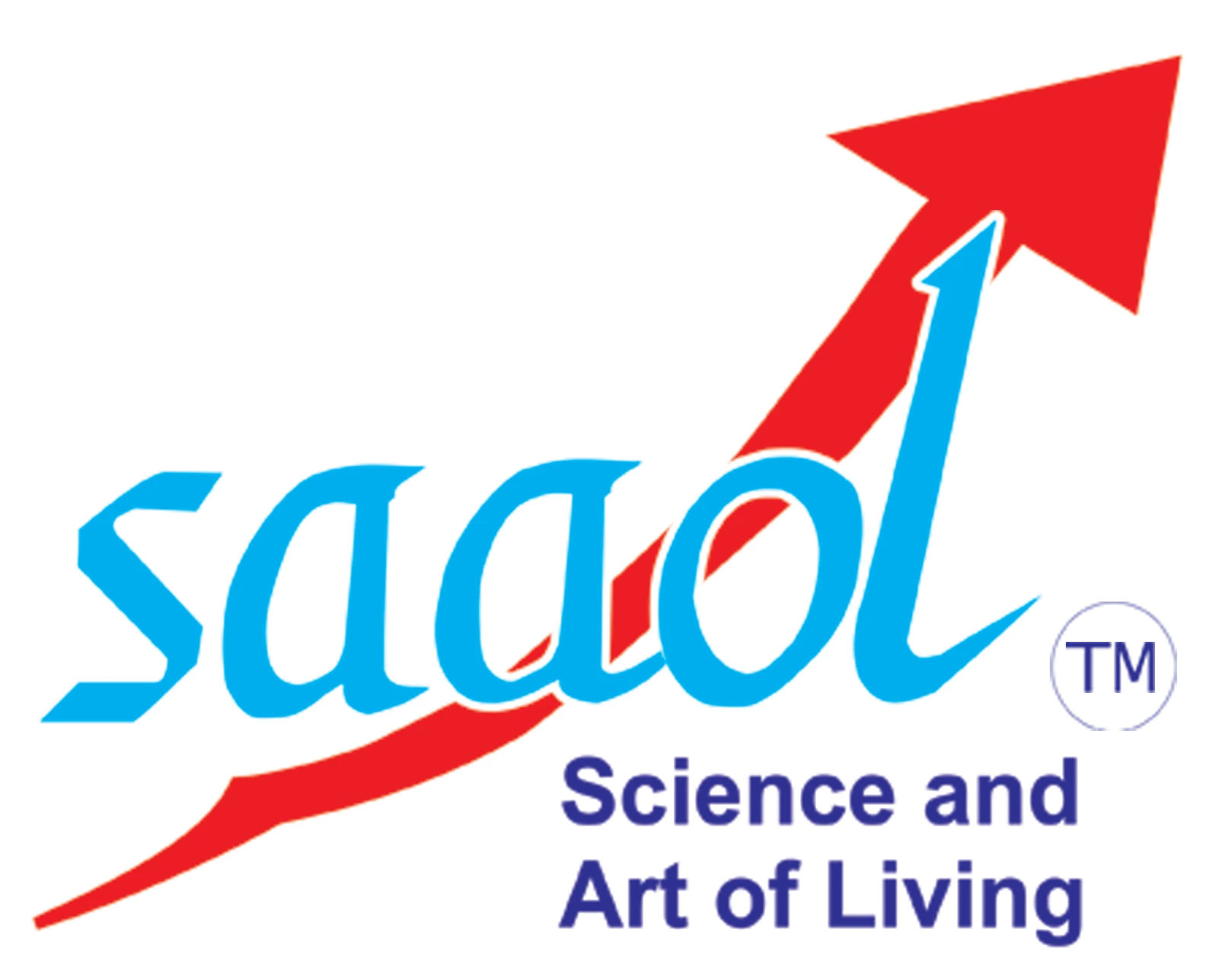Congenital Heart Disease: Symptoms, Treatment & Awareness
SAAOL
- July 31, 2023
- 5 Min Read

Congenital Heart Disease: Symptoms, Treatment & Awareness
Congenital Heart Disease (CHD) is a term that encompasses a range of structural defects in the heart that are present at birth. It is one of the most common types of birth defects, affecting millions of infants worldwide. While the exact causes of CHD are often unknown, medical advancements have shed light on various preventive measures that can reduce the risk of its occurrence. In this blog, we will explore what CHD is, delve into its prevention strategies, highlight the importance of raising awareness, and discuss the innovative solutions provided by SAAOL Heart Care.
What is Congenital Heart Disease?
Congenital Heart Disease refers to a wide range of structural abnormalities in the heart that occur during fetal development. These abnormalities can affect the heart’s walls, valves, or blood vessels, disrupting the normal blood flow. Common types of CHD include atrial septal defects, ventricular septal defects, and Tetralogy of Fallot. It is crucial to understand the different types and their impact on overall heart function.
Congenital Heart Defect Symptoms
While the exact causes of CHD are often unknown, several risk factors have been identified. Genetic factors, such as chromosomal abnormalities and family history, can increase the likelihood of CHD. Maternal factors, such as certain infections during pregnancy, maternal diabetes, and exposure to certain medications or chemicals, may also contribute to the development of CHD. It is important to be aware of these risk factors to make informed decisions, seek appropriate medical advice and prevention for heart disease.
Congenital Heart Disease Treatment
Prenatal Care:
Regular prenatal check-ups are essential for monitoring the baby’s growth and development. Expectant mothers should work closely with healthcare professionals to ensure optimal prenatal care, which includes proper nutrition, avoiding harmful substances like tobacco and alcohol, and managing pre-existing medical conditions.
Genetic Counseling:
If there is a family history of CHD or known genetic disorders, seeking genetic counseling before planning a pregnancy can provide valuable insights. Genetic counselors can assess the risk of CHD and provide information on potential preventive measures.
Folic Acid Supplementation:
Taking folic acid before and during early pregnancy has been shown to reduce the risk of certain CHD types, such as atrial septal defects and ventricular septal defects. Women of childbearing age are advised to consume a daily folic acid supplement of 400 to 800 micrograms.
Preventing Infections:
Pregnant women should take precautions to avoid infections that can harm fetal development. This includes maintaining good hygiene, getting vaccinated as recommended, and avoiding contact with individuals who have contagious illnesses.
Avoiding Environmental Hazards:
Minimizing exposure to harmful chemicals, toxins, and certain medications during pregnancy is crucial. It is important to consult with healthcare providers about the safety of medications and to follow safety guidelines when working with potentially hazardous substances.
Heart Health Awareness
Raising awareness about CHD is essential for early detection, timely intervention, and support for affected individuals and families. Here are a few ways to spread awareness:
Public Campaigns:
Governments, healthcare organizations, and NGOs should organize public campaigns to educate the general population about CHD, its risk factors, and preventive measures. Utilizing various platforms like social media, television, and community events can reach a wider audience.
Educational Programs:
Schools and colleges can incorporate CHD awareness programs into their curriculum. Providing accurate information to young individuals can help them make informed decisions in the future.
Support Groups:
Creating support groups and online communities for individuals and families affected by CHD can foster a sense of belonging, provide emotional support, and share valuable resources and experiences.
SAAOL Heart Care: An Innovative Approach
SAAOL Heart Care is a leading organization that offers an innovative and holistic approach to prevention for heart disease. SAAOL (Science and Art of Living) focuses on a combination of lifestyle modifications, non-invasive therapies, and personalized treatment plans to prevent and manage heart disease, including congenital heart conditions.
Their approach includes:
Lifestyle Modifications:
SAAOL Heart Care emphasizes the importance of adopting a heart-healthy lifestyle, including a balanced diet, regular physical activity, stress management techniques, and smoking cessation.
Non-Invasive Therapies:
SAAOL Heart Care utilizes non-invasive treatments such as Enhanced External Counterpulsation (EECP) and Chelation Therapy to improve blood flow, enhance heart function, and reduce the risk of complications associated with CHD.
Personalized Treatment Plans:
Each patient’s condition is carefully evaluated, and a personalized treatment plan is designed to address their specific needs. This individualized approach ensures comprehensive care and better outcomes.
Conclusion
Congenital Heart Disease remains a significant health concern, but with preventive measures, awareness, and innovative solutions like those offered by SAAOL Heart Care, we can make significant progress in reducing its impact. By implementing preventive strategies, raising awareness, and seeking advanced treatments, we can strive towards a healthier future for individuals affected by CHD. Let us join hands to spread awareness, support research, and provide access to comprehensive care for those impacted by this condition. Together, we can make a difference in the lives of individuals with congenital heart disease.
